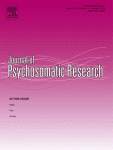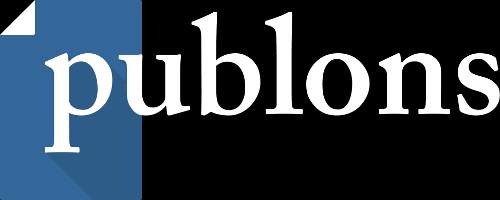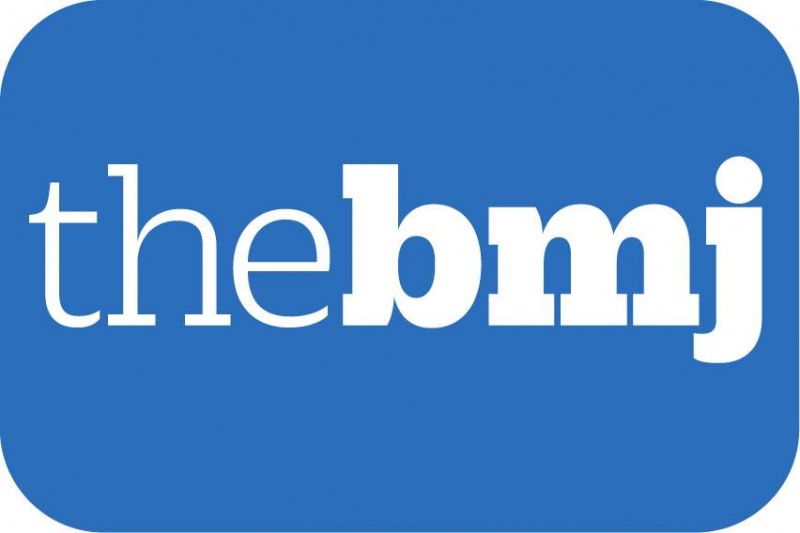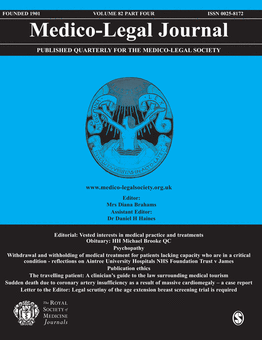 So 2015 starts with news on the usual challenges editors face. A survey by Leeds University finds dissatisfaction by academics about the variable quality of editorial decisions. Elsewhere, an editor was alerted to a fake review and had to withdraw a paper. Another study finds that self-citation in peer review is common and is likely to be coercive in some cases. And then there is plagiarism, which appears to be more common in articles from developing countries where English is not widely spoken So editors have to continuously deal with misconduct and hope, as Liz Wager recommends, that institutions will take action….
So 2015 starts with news on the usual challenges editors face. A survey by Leeds University finds dissatisfaction by academics about the variable quality of editorial decisions. Elsewhere, an editor was alerted to a fake review and had to withdraw a paper. Another study finds that self-citation in peer review is common and is likely to be coercive in some cases. And then there is plagiarism, which appears to be more common in articles from developing countries where English is not widely spoken So editors have to continuously deal with misconduct and hope, as Liz Wager recommends, that institutions will take action….
If you would like to contribute items or have other suggestions, as always, please get in touch (contact us here). http://publicationethics.org/contact-us
 A survey by
A survey by  Notice of retraction in
Notice of retraction in  Articles from developing countries where English is not widely spoken tend to contain large amounts of reused text at a much higher rate than the norm
Articles from developing countries where English is not widely spoken tend to contain large amounts of reused text at a much higher rate than the norm Journals should take responsibility for everything they publish and should alert institutions to cases of possible serious misconduct but should not attempt to investigate such cases. Institutions should take responsibility for their researchers
Journals should take responsibility for everything they publish and should alert institutions to cases of possible serious misconduct but should not attempt to investigate such cases. Institutions should take responsibility for their researchers Peer reviews for manuscripts submitted in 2012 to the
Peer reviews for manuscripts submitted in 2012 to the  The debate and the sting: Malcolm Jobling writes “At present I keep my reviews anonymous — I have done some signed reviews but on such occasions have sometimes been contacted by authors who have not only expected additional help but have seemed to want me to rewrite the manuscript for them. Based on these experiences I have now opted to remain anonymous.”
The debate and the sting: Malcolm Jobling writes “At present I keep my reviews anonymous — I have done some signed reviews but on such occasions have sometimes been contacted by authors who have not only expected additional help but have seemed to want me to rewrite the manuscript for them. Based on these experiences I have now opted to remain anonymous.” The platform provides participating reviewers with a personalised profile page where their reviewing history is documented. Reviewer status is awarded based on the number of reviews they have completed for a specific journal
The platform provides participating reviewers with a personalised profile page where their reviewing history is documented. Reviewer status is awarded based on the number of reviews they have completed for a specific journal  Concern about exaggerated press releases on biomedical and health related science issued by 20 leading UK universities
Concern about exaggerated press releases on biomedical and health related science issued by 20 leading UK universities In 2014, the
In 2014, the  Useful advice from editors with a range of backgrounds, especially for students
Useful advice from editors with a range of backgrounds, especially for students From the
From the